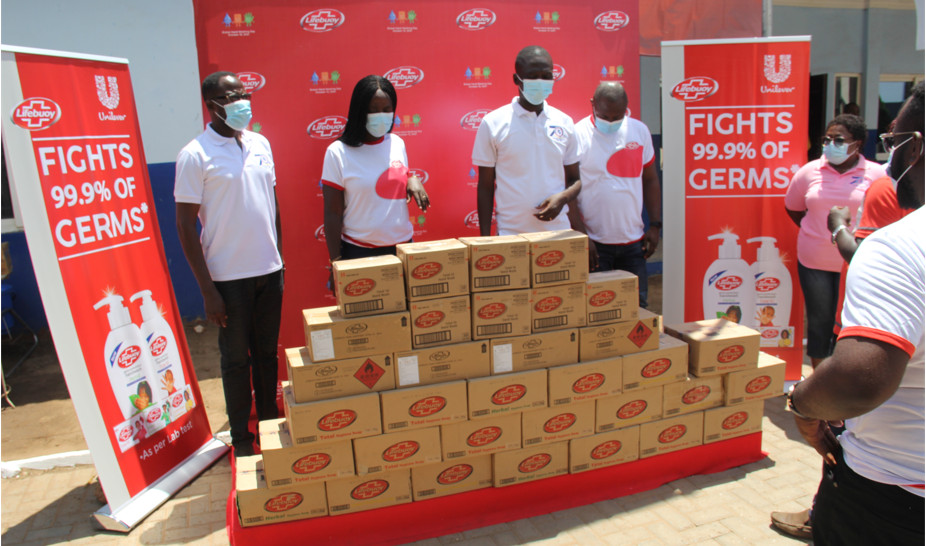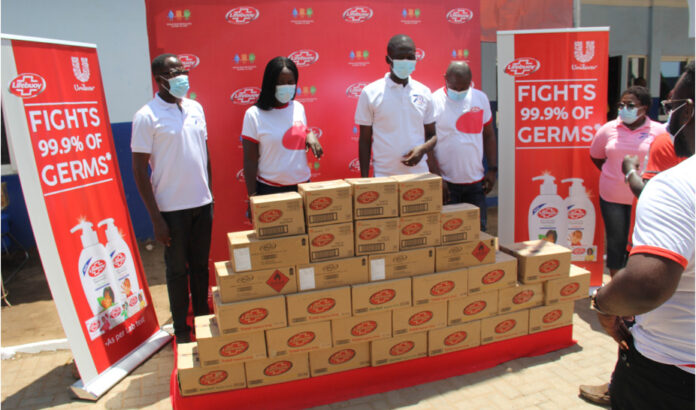One of the best ways to curb the spread of diseases such as the flu and other viruses, germs, and bacteria is to wash the hands regularly, with soap and under running water.
Today it may seem like common sense to wash one’s hands often, even more so, in recent times when COVID-19 keeps everyone on their toes to adhere to safe and basic personal hygiene practices including frequent handwashing to prevent the spread of the virus.
However, it may come as a surprise to many that the link to handwashing with soap and health was only made less than two centuries ago.
It was not until the 1980s when a string of foodborne outbreaks and healthcare-associated infections led to a public outcry that the United States Centers for Disease Control and Prevention identified hand hygiene as an important way to prevent the spread of infection. This paved the way for the first nationally endorses hand hygiene guidelines, and subsequently, many more have followed.
In recent years, handwashing with soap and the use of other hand hygiene products such as hand sanitizers have been gaining recognition as an efficient and essential way to contribute towards overall good health and nutrition.
Now that the effectiveness of handwashing to overall health is no longer in question, it is time to zero in on how to make handwashing universal and address the 2021 Global Handwashing Day theme: Our Future is at Hand – Let’s Move Forward Together.

Doing this requires sustained handwashing practices that can be met with open-mindedness towards behavior change and habit formation, increased research into the impact of hygiene linked to handwashing, and collaboration among organizations and stakeholders to champion education and awareness creation of handwashing.
Everyone can promote good handwashing behavior, although not everyone has the capacity to reach the thousands and millions of stakeholders in the goal towards moving forward together.
It is for this reason that Unilever in 2010 launched the Unilever Sustainable Living Plan under which Lifebuoy has been educating people with the aim to change the hygiene behavior of one billion consumers across Asia, Africa, and Latin America.
Under this initiative, Lifebuoy has reached millions of people through on-ground activations and media campaigns for handwashing behavior change.
In 2020, Lifebuoy launched H for Handwashing, which embodied the brand’s ambition to spark a movement that will fundamentally change the world’s handwashing habits, facilitating the acceleration of handwashing behaviour change for children.
Inspired by how children learn their A, B, C, Lifebuoy has reimagined how the letter H is taught by advocating that H stands for Handwashing.
Since its launch, Lifebuoy has partnered with early childhood education and behaviour change experts, including key opinion leaders and stakeholders to drive significant awareness of handwashing and push for the incorporation of H for Handwashing educational material into study curriculums.
A feat worth acknowledging and applauding, this is what it means to zero in on making handwashing universal.
It is worthy to note that although handwashing and for that matter handwashing with soap or the use of other hand hygiene products has come a long way, it is still a farfetched concept for many hence the need to promote good handwashing behavior individually and collectively.
Indeed, Our Future is at Hand with the COVID-19 still lurking around and it is important that We Move Forward Together so that just like Lifebuoy we can all in our owns small way help to make basic handwashing, with soap and under running water a universal practice for all and sundry.











































